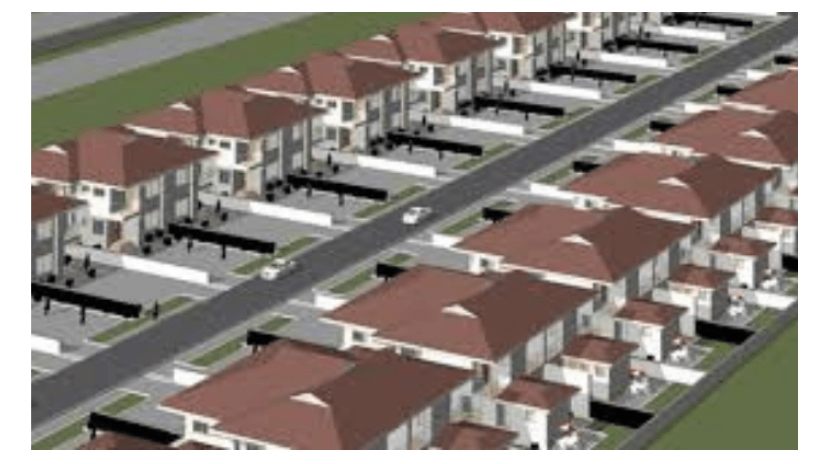To see the kind of progress needed in reducing Nigeria’s housing deficit of at least 17 million, housing sector professionals must imbibe the spirit of unity and be on the same page in terms of policies, ideas, innovative projects and sustainability drives.
Stakeholders have continuously bemoaned the increasingly low level of collaboration among each other in the Nigerian housing sector.
The current approach to professional practice in the housing development, which is characterised by each professional working largely within the narrow confines of their profession has negative consequences on the development of the real estate industry in Nigeria. And some of the consequences include substandard development, increased cost of developments, lack of financial intelligence, and lack of data collation, lack of finance pool or funding, difficulty in doing business, more self-borne risks, limited learning and many more.
The lack of adequate cross sector collaboration among and between stakeholders remain a major threat to the realisation of affordable housing goals. The kind of projects and initiatives essential to scale up housing supply in Nigeria requires a lot of collaboration and synergy among stakeholders.
With over 17 million housing deficit, and the need to build at least 1 million homes annually, there is need for active collaboration networks to achieve this goal.
Like some stakeholders attest to, many developers and financers are working in silos, and this shouldn’t be so.
Even alternative methods of financing housing development like cooperatives are being dealt a huge blow because of lack of collaboration.
Cooperatives allow for resources to be pulled together from various members who have come into the unit for the purposes of realising their objective, which may be homeownership.
Attempts have been made over the years to raise money through conventional means, but no suitable one could be found.
Through the cooperative option, members are able to increase wealth and create long-term lending options through their funds at very low interest rate.
Despite efforts by investors in the private sector, the government should also increase investment in housing, especially in providing primary infrastructure.
Against the background that primary infrastructure forms about 30 per cent of construction cost in housing estates, the road to housing availability and affordability cannot be achieved without the support of the government and collaboration of stakeholders.
The current economic situation, the impact of technology and global professional trend makes it very important for stakeholders to imbibe the spirit of collaboration.
There is an urgent need for everyone in the built-environment sector to come together from the past, see and embrace the future. In order to hone and sharpen skills in various areas of the sector, stakeholders must work together as a unit of collaborators, exchanging ideas and comparing notes.
The output of a dedicated team effort will always be better than the work of any one professional no matter how gifted the person is. If stakeholders do not catch and align with themselves and with professional trends, they can be left behind. There is a global competition going on, and Nigeria’s built sector must play along.
These facts were excessively mentioned at the 13th Abuja International Show by many speakers, and one of the key resolutions from the show was the need for wider sector collaboration to happen in order to collectively mitigate risks and increase financing options for Nigeria and its built sector which has potentials to be more that what it currently is.
Interested stakeholders believe that ongoing collaborations including the ones involving the NMRC, Family Homes Funds, MBAN, CBN, Ministry of Works and Housing and others need not only be sustained but increased to take in more.




